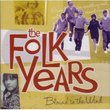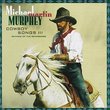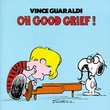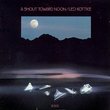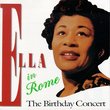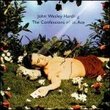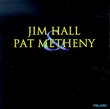| All Artists: Various Artists Title: Generations of Folk 2 Members Wishing: 2 Total Copies: 0 Label: Vanguard Records Release Date: 5/19/1998 Genres: Folk, Pop, Rock Styles: Traditional Folk, Contemporary Folk, Singer-Songwriters, Folk Rock Number of Discs: 1 SwapaCD Credits: 1 UPC: 015707800129 |
Search - Various Artists :: Generations of Folk 2
 | Various Artists Generations of Folk 2 Genres: Folk, Pop, Rock
|
Larger Image |
CD DetailsSimilarly Requested CDs
|
CD ReviewsAn solid little introduction to folk's protest songs Lawrance M. Bernabo | The Zenith City, Duluth, Minnesota | 01/26/2004 (5 out of 5 stars) "It is always interesting with collections of folk music to see what hands are tied behind the backs of the people putting it together, and with Volume 2 of the "Generations of Folk," "Protest & Politics" the glaring omission is Bob Dylan. But once you accept that limitation you have to be impressed with the dozen songs put together to reflect the war against the war and for civil rights from the Sixties. For example, the basic rule of one track per artist goes out the window because who wants to pick between "Draft Dodger Rag" and "I Ain't Marching Any More" by Phil Ochs? The latter is arguably the definitive protest song of that time.
Once again this CD covers the diversity of the folk movement, going back to the Weavers ("Marching to Pretoria") and Pete Seeger ("We Shall Not Be Moved"), and the next generation with Joan Baez ("Pity the Poor Immigrant") and Arlo Guthrie ("1913 Massacre"). The other gems on this album include Baez singing "We Shall Overcome" at the 1963 March on Washington and the original Buffy Saint-Marie version of "Universal Soldier." The use of humor as a pointed weapon of protest is seen on Mimi and Richard Farina's "House Un-American Blues Activity Dream," and Tom Paxton's "Anita O.J." Roy Trankin Sr. provides solid liner notes that explain the contexts for these songs (e.g., "Anita O.J." was about former Miss America and Floria Orange Juice spokeswoman Anita Bryant's homophobia), which will be necessary for younger listerners to get the point. This album has songs about the Sixties, such as John Fahey's "March! For Martin Luther King," but also goes beyond that with "The Death of Stephen Biko" by Tom Paxton. The result is that "Protest & Politics" is a more than adequate basic introduction to the protest songs that are forever linked to the folk revival period of American music, which provides five solid standards from that time while also giving a range of the topics that had some people marching in the streets and others singing songs to inspire them." |

 Track Listings (12) - Disc #1
Track Listings (12) - Disc #1
